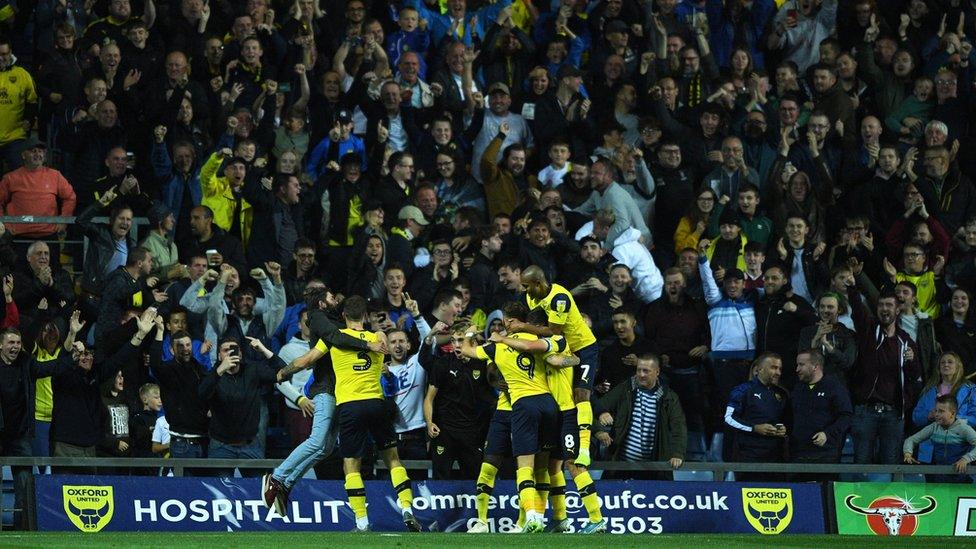When Oxford United's stadium was national news
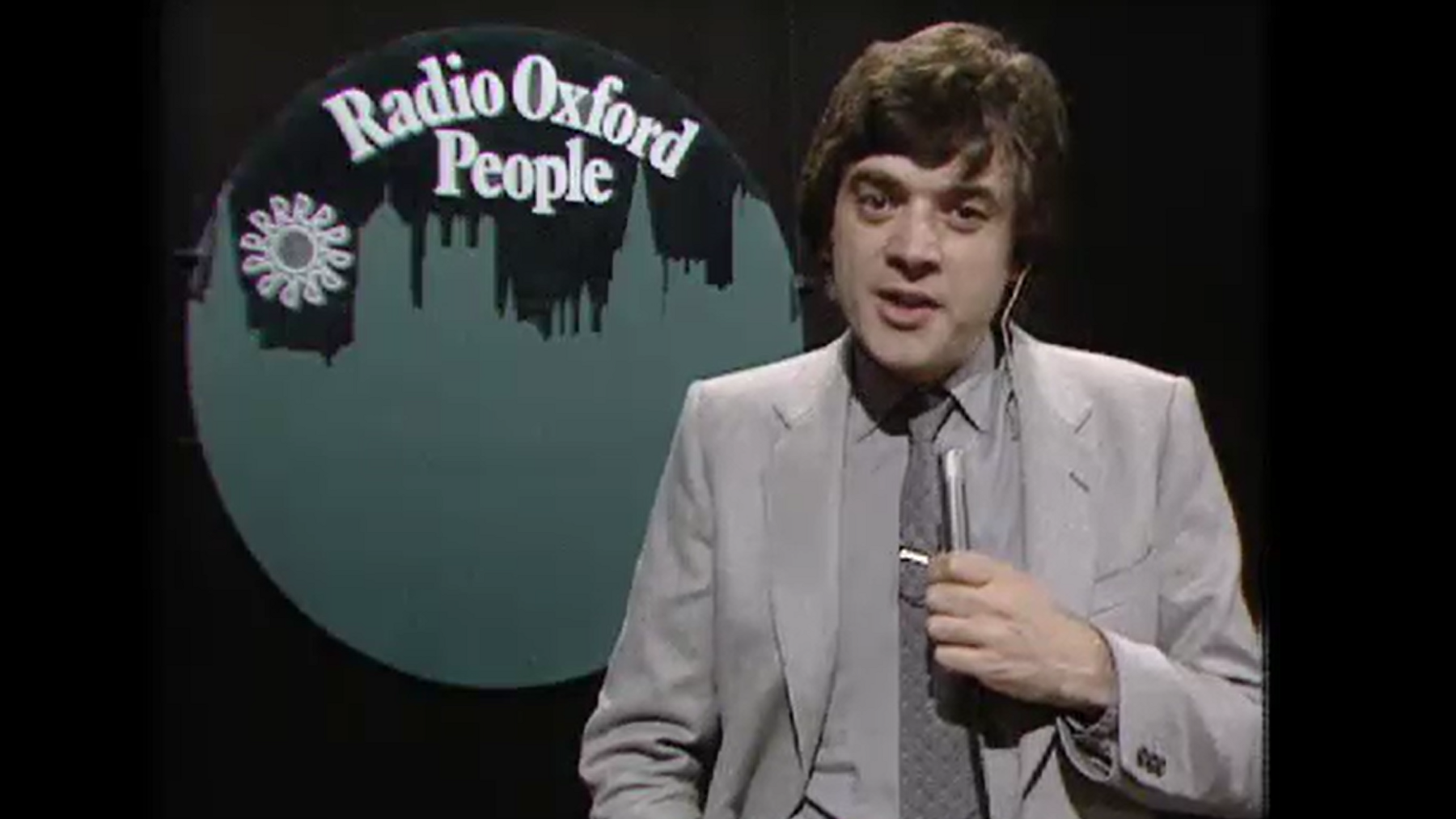
David Freeman presented the programme, which was attended by 100 Oxford residents or people connected to the city
- Published
For half an hour on 6 May 1981, Oxford United and its prospective football stadium was national news.
BBC2's Take The Mic programme was broadcast from the city and its 100 guests – including the U's chairman, manager and a future city MP – discussed how a potential new stadium could impact the Marston area.
In the end, the stadium didn't happen – one of many potential sites the club had hoped to use over a number of decades but ultimately was unable to.
The club only moved from The Manor to the Kassam Stadium in 2001 but, 24 years later, it is looking to move to The Triangle near Kidlington.
The Take The Mic programme reveals that some of the arguments for and against football stadiums in Oxford have been used before.
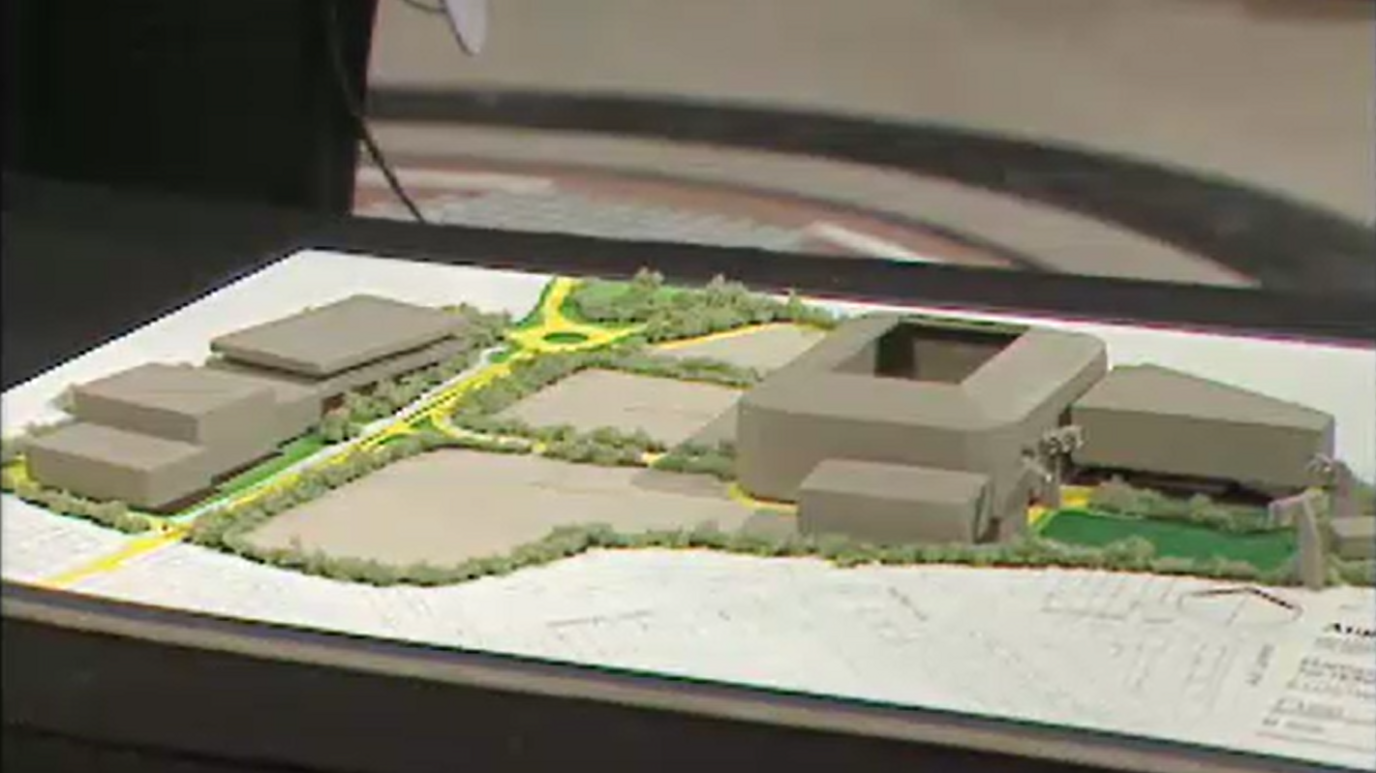
Viewers were shown this rather rudimentary model of what the stadium and superstore complex might have looked like
Back in 1981, Oxford was still awaiting its first "superstore".
Several firms were hoping to build it in Marston but the rub was that if there was no superstore built, there would be no new Oxford United stadium either.
"Oxford's more than a university town. It's a major manufacturing base, with British Leyland at Cowley and a regional centre, surrounded by small towns and villages," presenter David Freeman said.
"Marston used to be such a village and it's at the centre of [the] argument."
Marston resident Lynne Isaac, who told the audience she was a mother of five children and grandmother of nine, said the development would be "at the bottom of her garden".
"We've watched this development for nine years. We have seen everybody over there working. We have watched it, we've put up with it for nine years," she said.
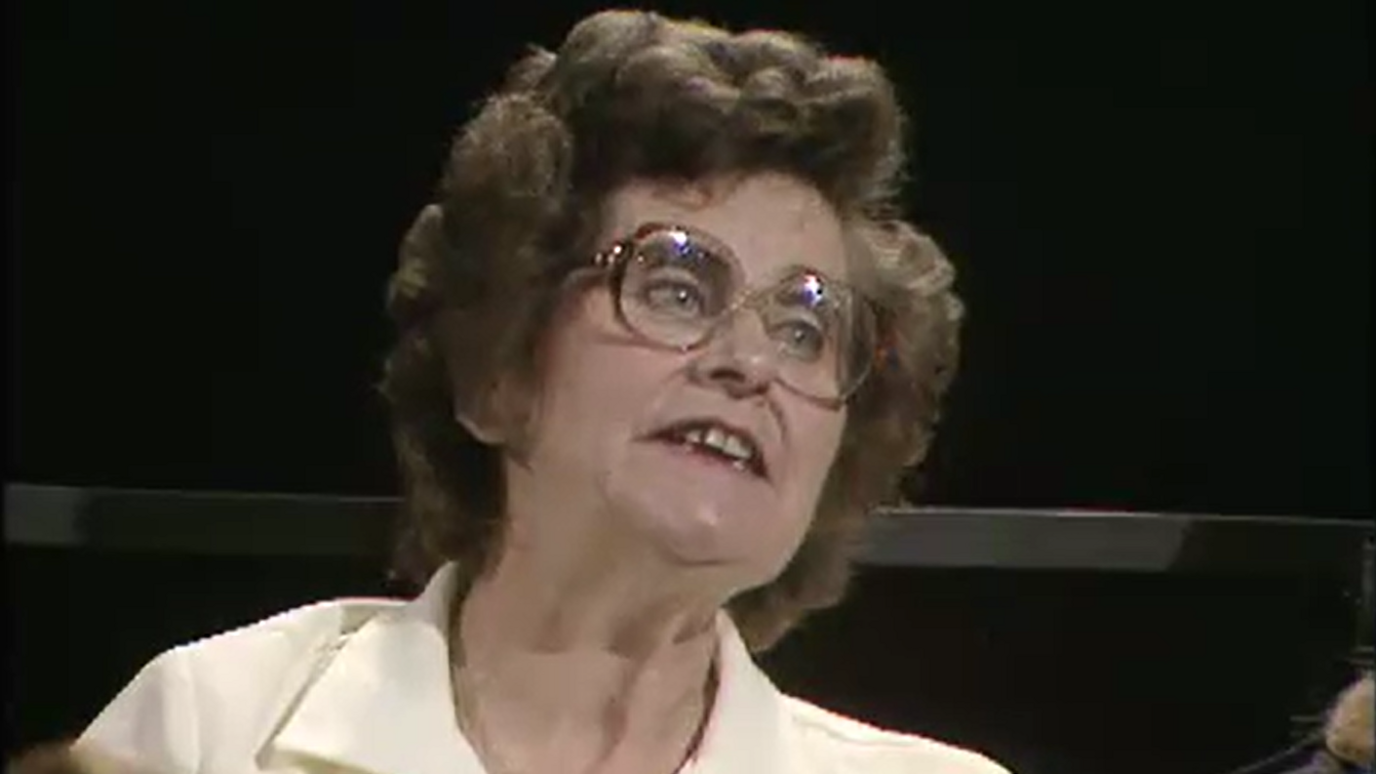
Lynne Isaac worried about the impact the stadium would have on her home
Ian Greaves, who by May 1981 had managed Oxford United's first team for four months, sat next to the club's chairman Bill Reeves and coach Ray Graydon on the show.
Greaves and Graydon had helped lead the U's to a 14th-placed finish in the then Third Division four days before the programme aired.
"The overall idea of the stadium has got to be excellent," said Greaves, who left Oxford in 1982.
"Wherever the stadium is, whether it's Marston or wherever, it's got to be excellent. We are just about 100 years behind others in this respect [of community].
"Remember a soccer club is only used once a fortnight. That's why the club's losing money - because there's only people going into the soccer club once a fortnight.
"The thing should be used every day. With the idea that is being mooted at the moment, this stadium will be used every day. Not just by the soccer club but by the local community."
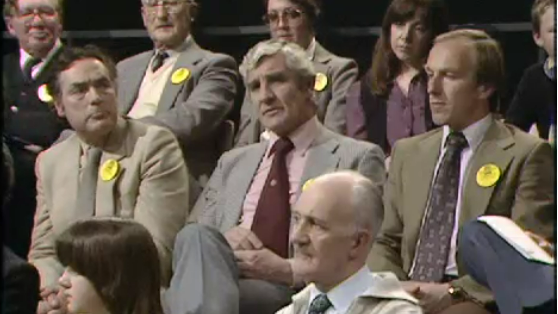
Ian Greaves, the then manager of Oxford United, flanked by the club's chairman Bill Reeves (left) and coach Ray Graydon (right)
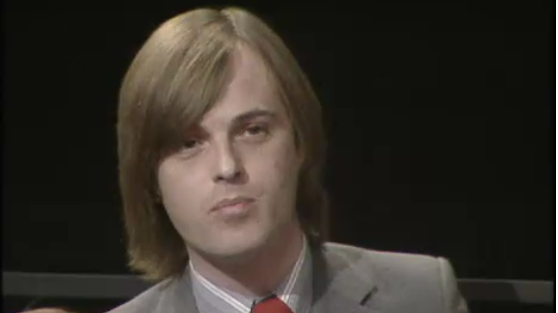
Andrew Smith was elected an MP six years after the programme was broadcast
Andrew Smith was then the chairman of Oxford City Council's recreation committee.
Mr Smith said the stadium would be a "plus when local authorities, because of the attacks on our ability to spend money by the current Conservative government, haven't got the money to put into these sorts of facilities ourselves".
While he said residents had "legitimate concerns", the potential benefits for the football club and community outweighed the disadvantages.
He was elected Oxford East's MP in 1987 and retired in 2017.
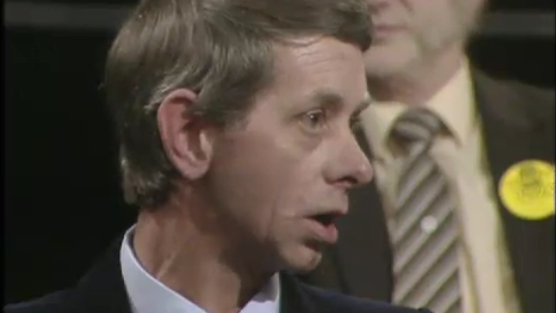
James Simmonds railed against "faceless people in Jersey" who stood to benefit from the scheme
James Simmonds, who lived in Marston, said that "faceless people in Jersey" stood to benefit from the scheme, which he said would lead to the "despoiling of our local village".
"God created grass, trees, birds, tranquillity in Marston. We still require that tranquillity and it should not be despoiled just to make profits for faceless people. And that's what it's all about," he said.
One guest, Carol, who lived in the Blackbird Leys area of the city, was aggrieved at the lack of facilities available there.
"The Marston people don't want this stadium," she said.
"They have got their beautiful views and their lovely birds singing in the trees. They want to live in Blackbird Leys with 4,500 kids and see what views those have kids got."
Little could she have known that eventually the football club - and a leisure park, which itself could be built upon soon - would be based a stone's throw away at the site formerly known as Minchery Farm, between Blackbird Leys and Littlemore.
Marston did get eventually a football stadium and sports complex at Court Place Farm in 1993, which is used by Oxford City, but the scale of it is much smaller than the one planned in the early 1980s.
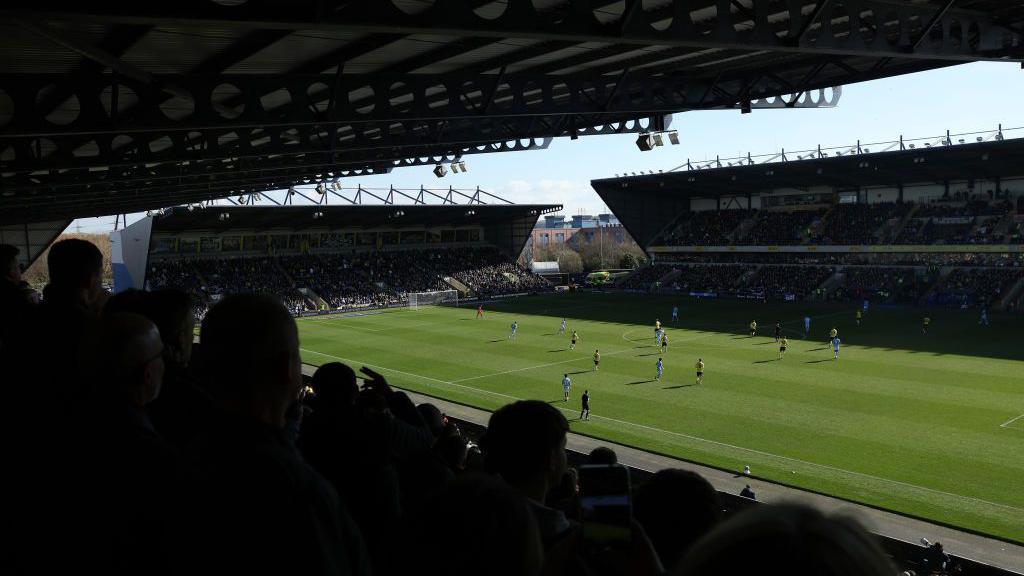
The U's performed well in the Championship this season but accept their long-term future is not at the Kassam Stadium
About 3,700 people, groups or businesses have commented on the current planning application for the potential Oxford United stadium at the Triangle near Kidlington.
A decision on that is expected in the summer.
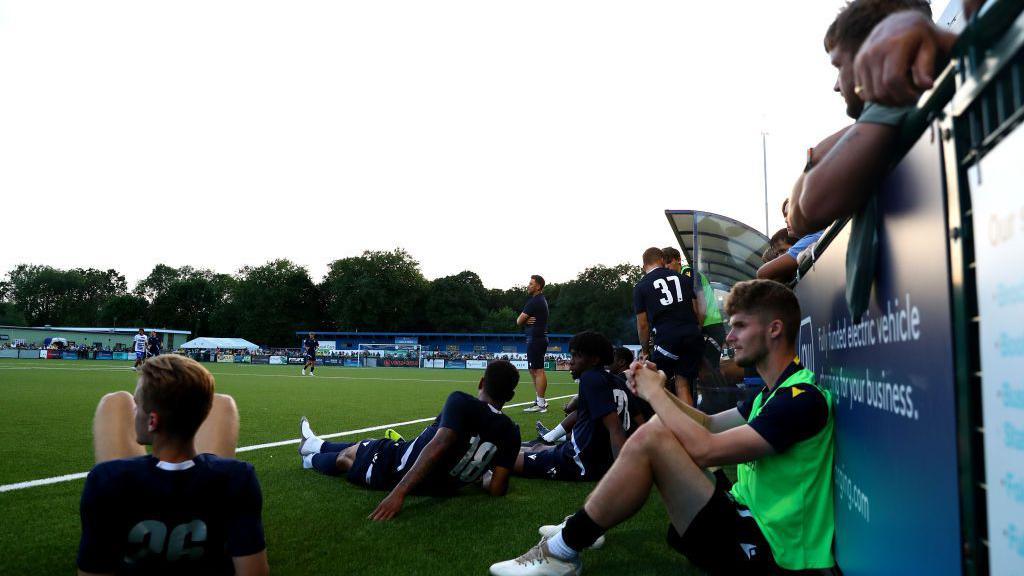
Oxford United, then led by former manager Des Buckingham, took on Oxford City in a pre-season friendly at Court Place Farm last July. The U's won 3-0
Get in touch
Do you have a story BBC Oxfordshire should cover?
You can follow BBC Oxfordshire on Facebook, external, X (Twitter), external, or Instagram, external.
Related topics
- Attribution
- Published2 April
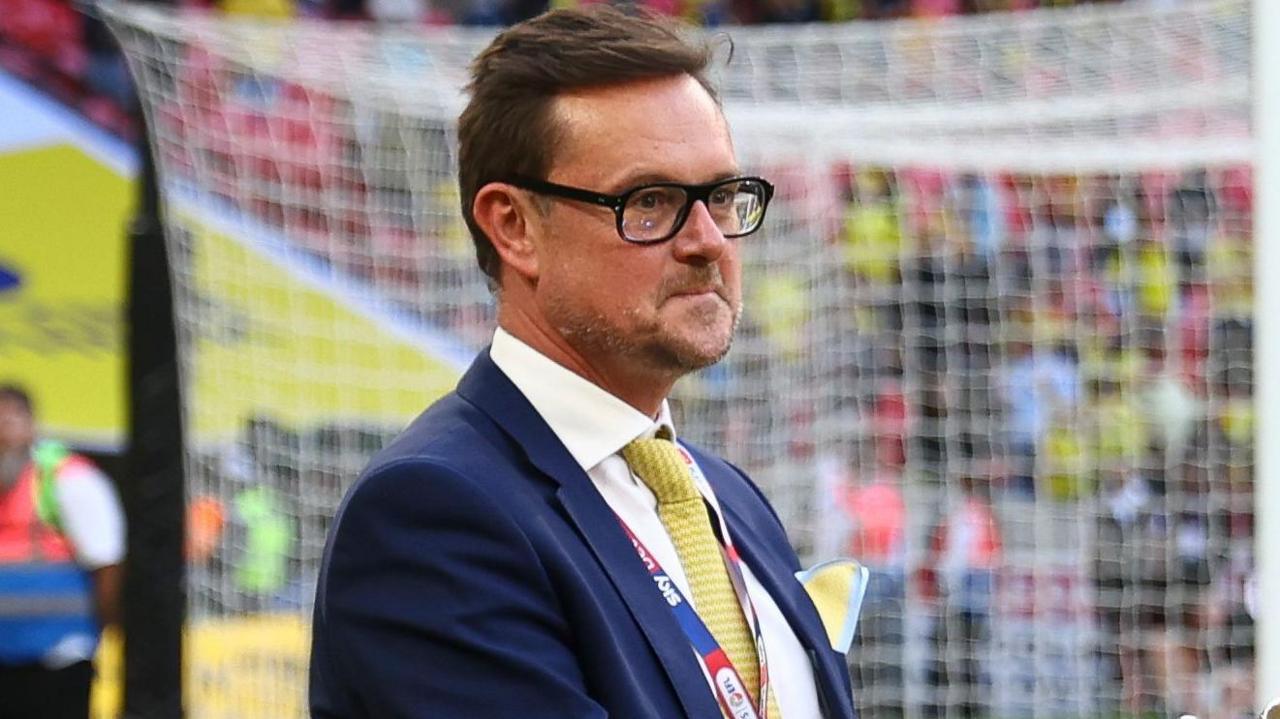
- Published7 March
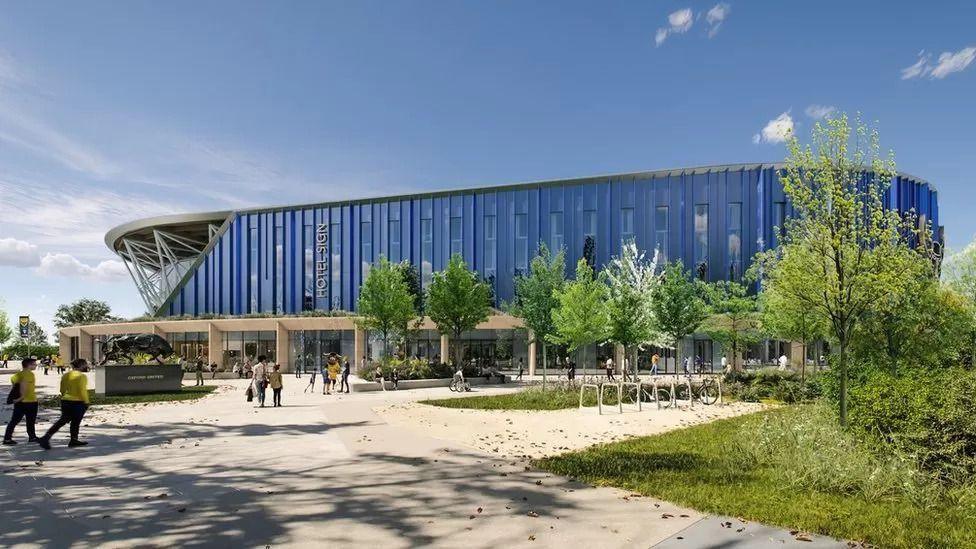
- Published19 February
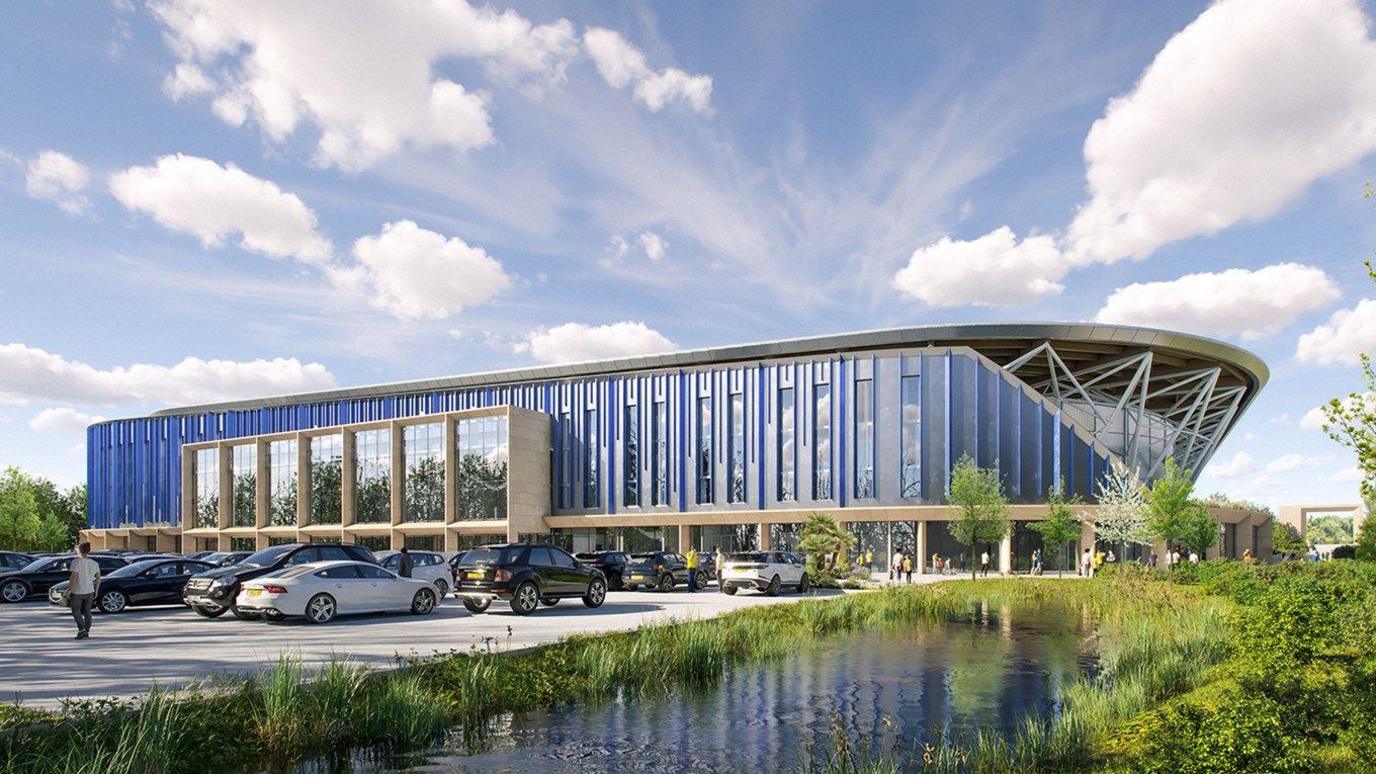
- Published20 June 2024
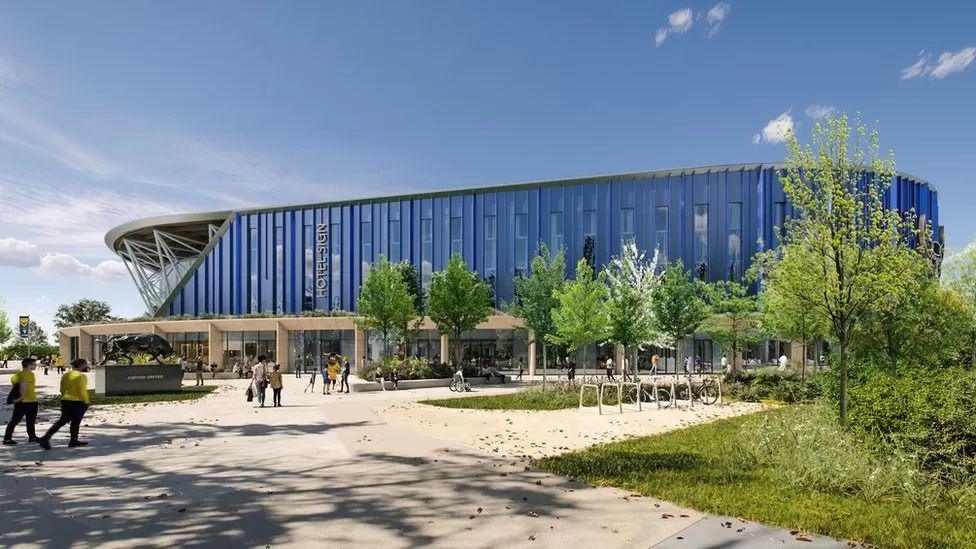
- Published2 March 2024
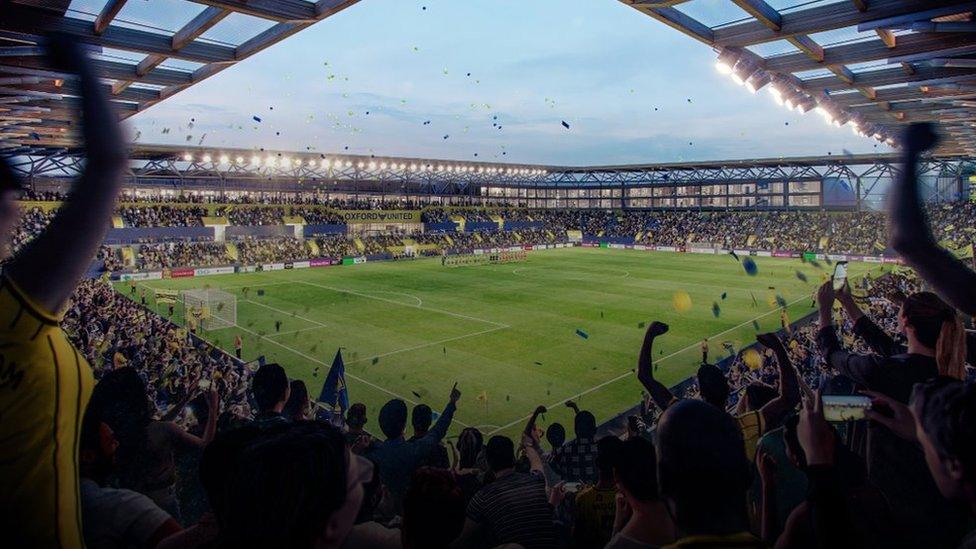
- Published18 April 2022
